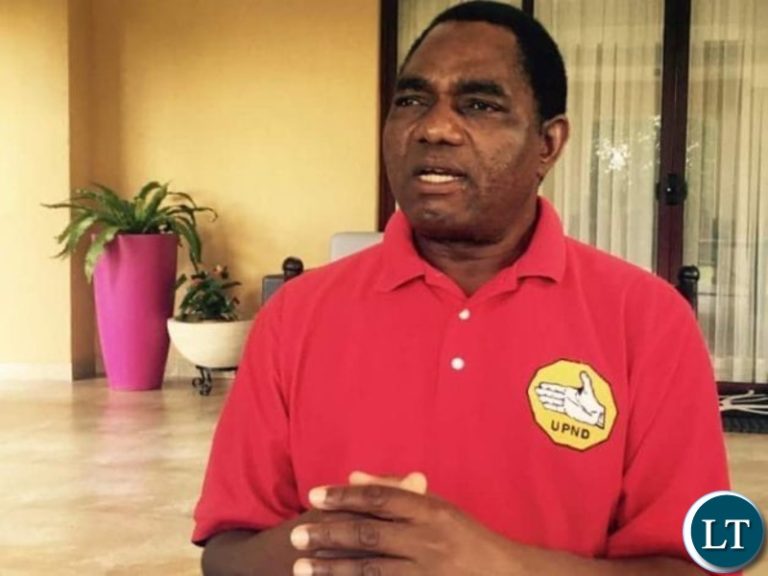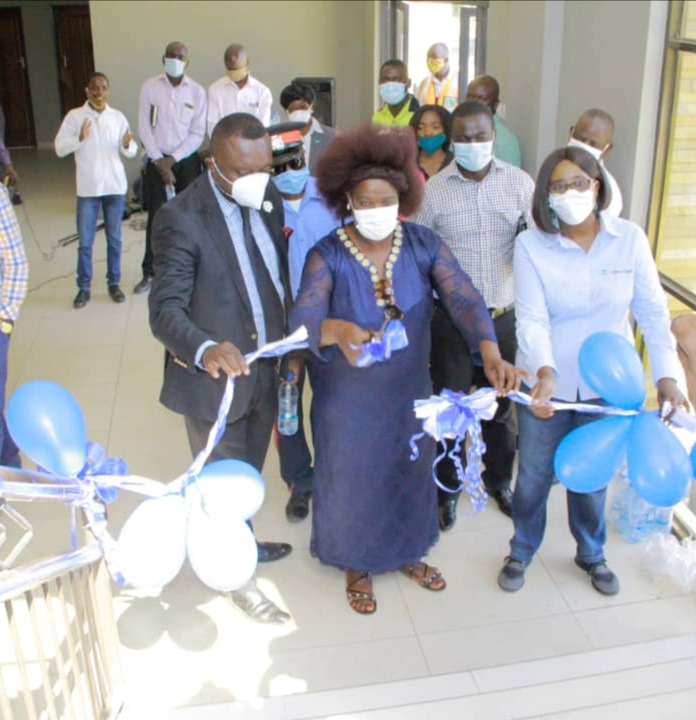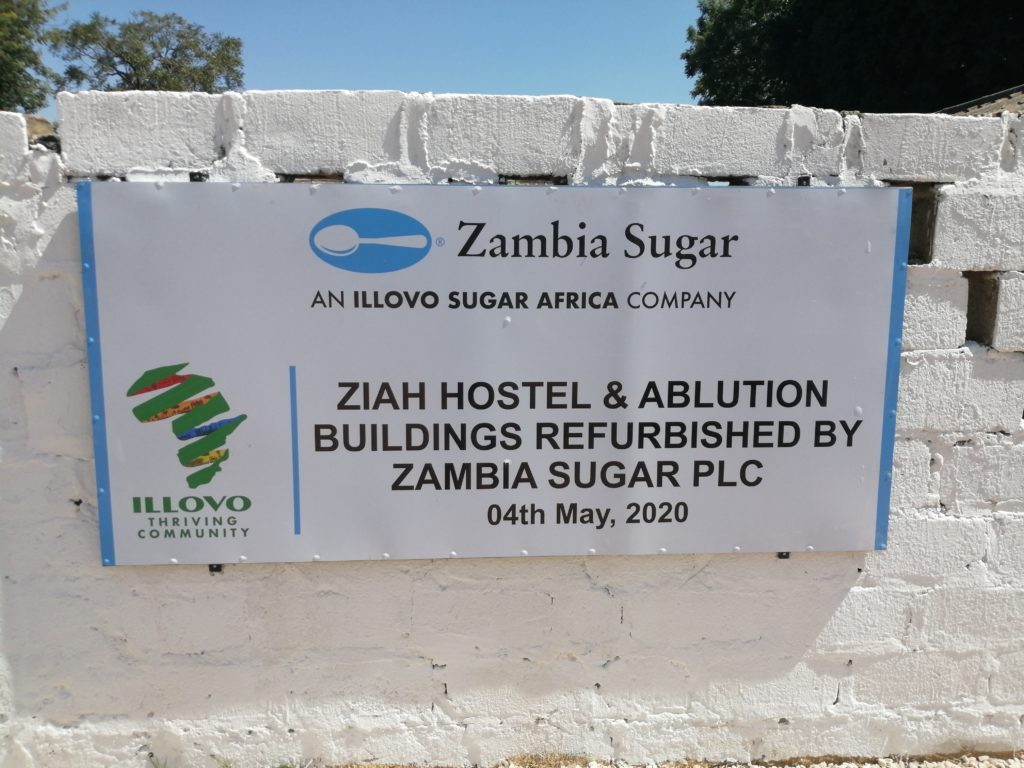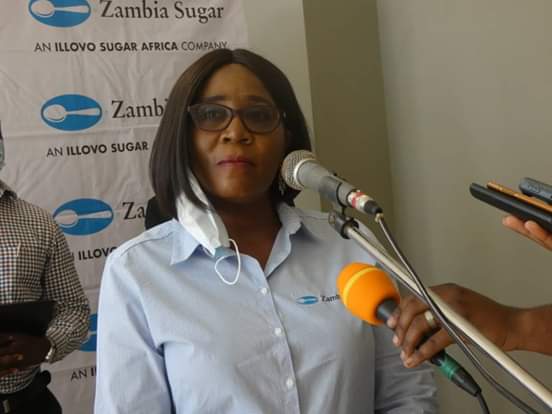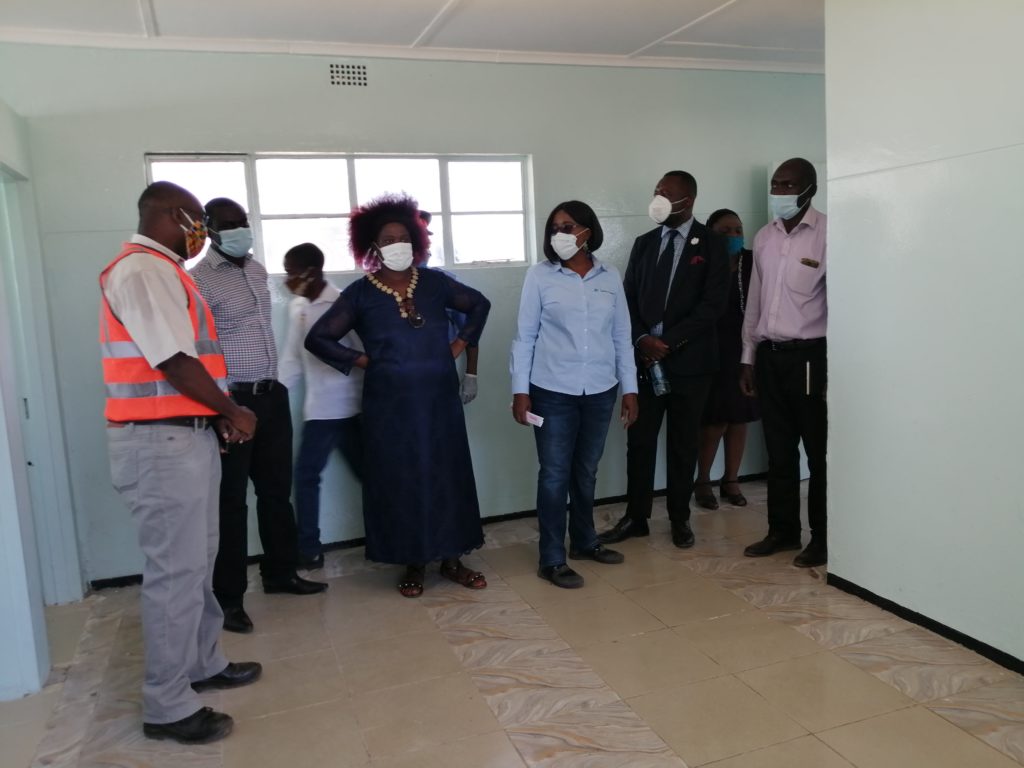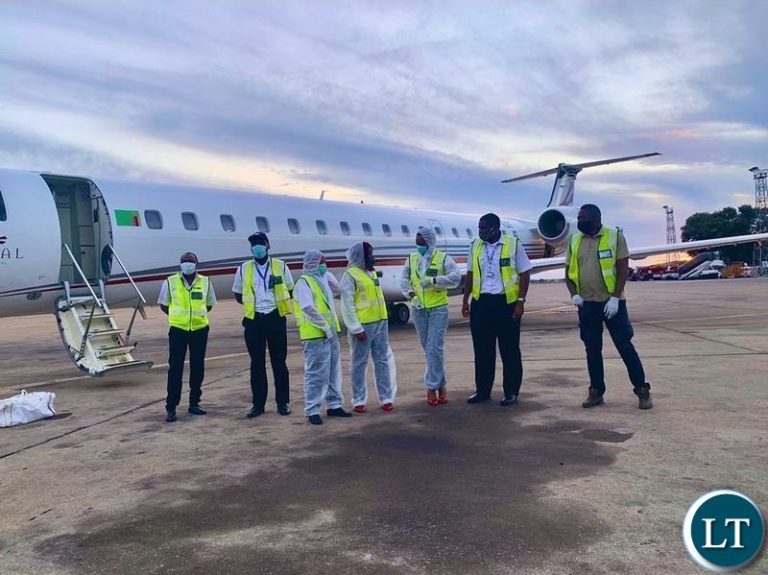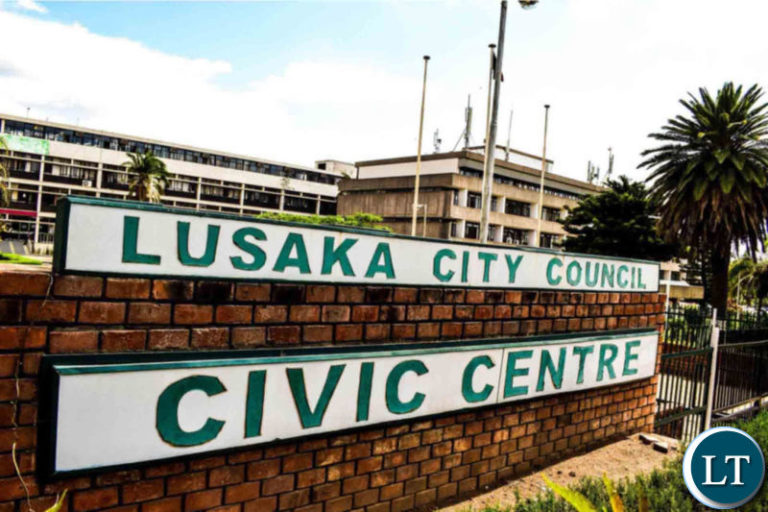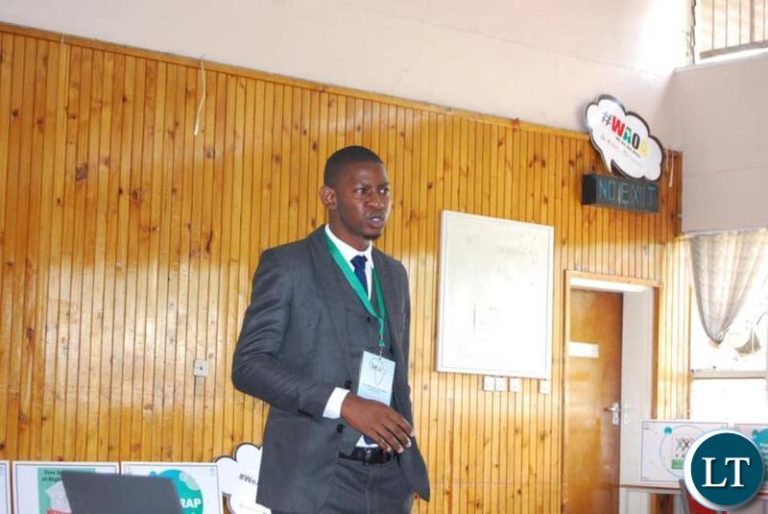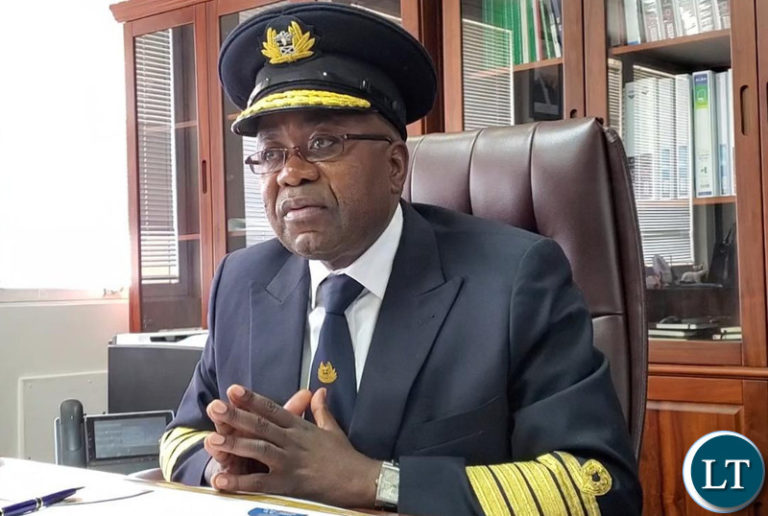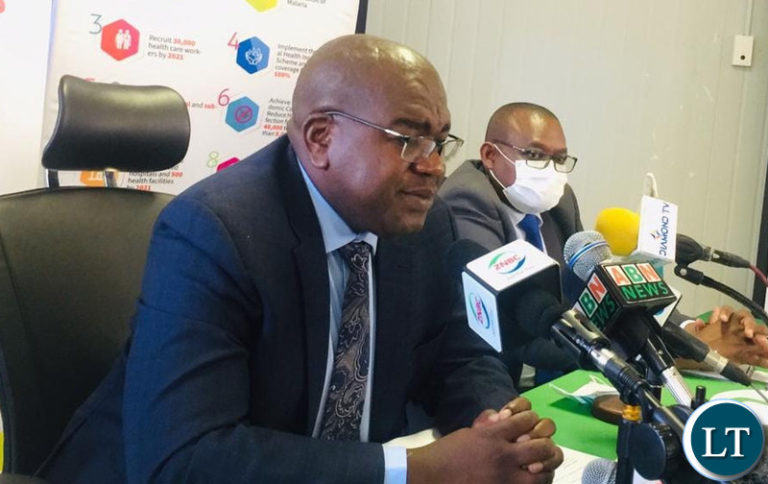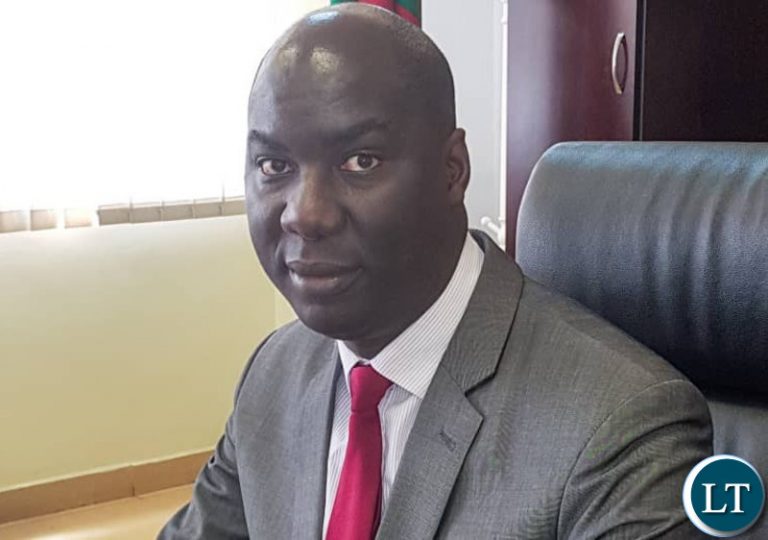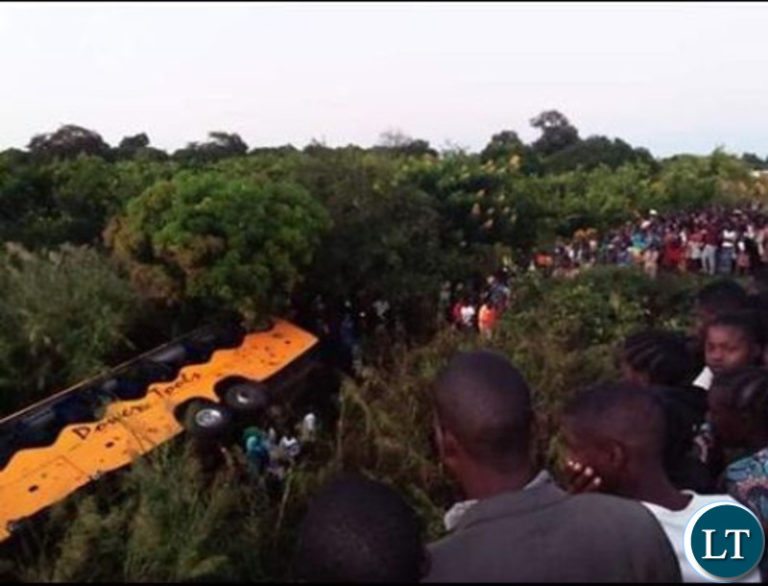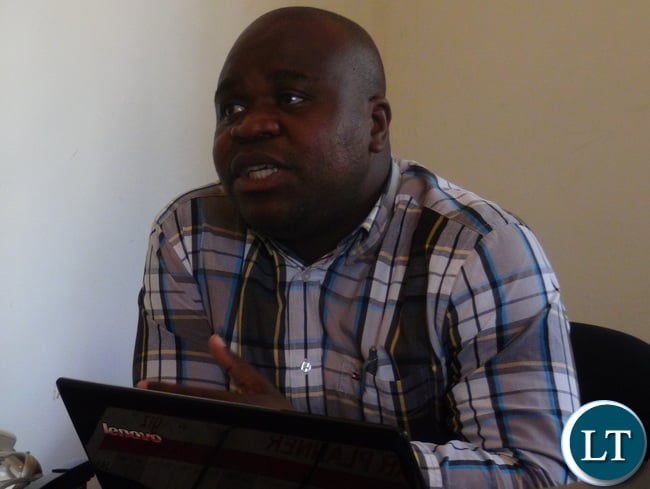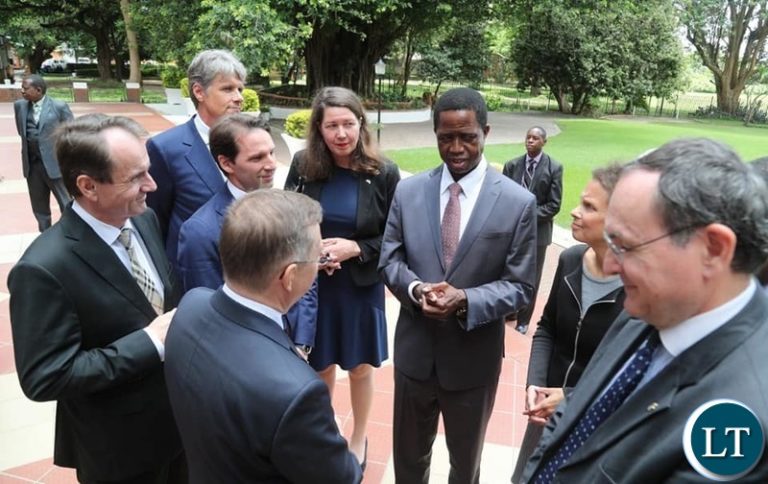The International Monetary Fund says it is still considering a request from Zambia for emergency Covid-19 pandemic funding.
On Wednesday, the Fund approved requests for emergency pandemic aid from 50 of its 189 members for a total of about $18 billion and it says it is continuing to work quickly through the remaining more than 50 requests.
IMF Spokesman Gerry Rice told reporters in an online briefing that IMF’s executive board is considering a request from Zambia but did not disclose the amount requested for.
“I want to turn to Zambia, on which there have been a number of questions. The questions relate to — does Zambia qualify as a PRGT country? That’s that poverty reduction and growth trust facility of the IMF’s, which I mentioned at the beginning, which provides concessional resources. So, the question is: does Zambia qualify, technically, to apply for the rapid credit facility, as well? So, that’s two questions, there, and has it applied?”
“So, the answers are yes, Zambia qualifies as a PRGT-eligible country, and, yes, also qualifies to apply for a rapid credit facility. The authorities have requested emergency assistance from their international partners, including the Fund, and I can tell you this comes in addition to an earlier request for Fund support for Zambia’s economic reform program, aimed at restoring macroeconomic stability, as well as debt sustainability, while increasing growth and fighting poverty,” Mr. Rice said.
He added, “So, where we are is — you know, I’ve given the status of those eligibility and requests. We continue to have active discussions with the Zambian authorities on their economic responses to COVID-19, as well as their macroeconomic objectives and policies. So, we are in active discussion with Zambia around those requests.”
Mr Rice said the aid granted under the IMF’s rapid financing initiatives comes without the usual conditionality, but the Fund is working to ensure transparency and prevent corruption by asking all recipient governments to commit to enhanced reporting of crisis-related spending and undertake audits.
He said the funds were also subject to the IMF’s safeguards assessment policy, under which a central bank’s framework of governance reporting and controls must be deemed sufficient to manage resources, including IMF disbursements.
He said as of Wednesday, the IMF’s Executive Board had approved financing under these emergency facilities, at record speed for for 50 countries, totaling about $18 billion.
“So, since roughly the beginning of April, until May 6th, yesterday, we have approved financing for 50 countries under these emergency facilities,” he said.
On the conditions, Mr Rice said countries that apply for emergency funding should commit to ensure that the funds are for agreed upon purposes.
“Number one, specifically, we are asking member governments who receive emergency financing from the Fund, to commit in their letters of intent, to ensure that this assistance is used for the urgent purposes agreed under the emergency financing. These letters of intent are important, and they are published by member countries, and they are available for you and anyone to review on the IMF website.”
He added, “Two, we assess which public financial management anti-corruption, anti-money laundering measures. We want to ask members to put in place without unduly delaying the urgently needed disbursements under the emergency financing.”
He said the IMF has asked member countries to commit to enhanced reporting of crisis-related spending and to undertake and to publish independent, ex-post audits of crisis-related spending, to ensure procurement transparency by publishing procurement contracts, and by preventing conflicts of interests and corruption by publishing the beneficial ownership information of firms awarded procurement contracts.


